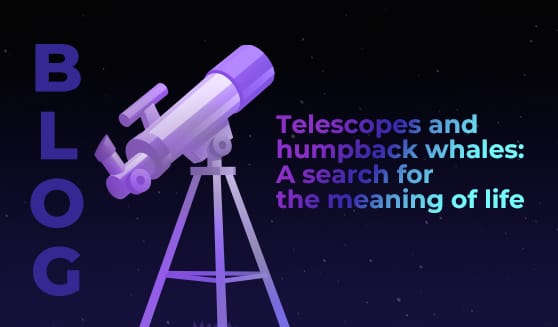
|
No-one knows exactly what the future of jobs holds. With new jobs, technology and even industries popping up all the time, all we know is that the next generation of employees need to find a way to prepare for a future workplace that seems to be in a state of constant revolution. To find out exactly how that might happen, we spoke to Dr Taghreed Alsaraj, who is a member of the Future Work and Education Task Force for the B20 (the G20’s business forum) – as well as CEO of digital skills analysis platform, Upskillable. Here are her five key insights.
|
1. Universities will have to adapt – fast
The jobs market is evolving so rapidly that it’s in danger of making degrees obsolete. It’s changing quicker than the three or four years it can take to complete a university course – meaning that new graduates’ skills are already behind the times at the point that they’re newly qualified. And with it often taking multiple years to revamp or introduce a new degree course, universities are struggling to change quick enough. “Employers still want to see university degrees, but we need to close the gap beween the academic world and the professional world,” says Alsaraj. “It’s not going to happen unless we change something – either reduce the number of years it takes to get a degree or find a way to introduce the right programmes.”
2. Training becomes life-long
The first thing that employees need to understand is that the days are gone where getting to grips with your industry only happened at the start of your career. As the
tech revolution pushes trades into completely new ways of working, training
will become a routine part of the jobs of the future.
“The way that we’re going, you can’t rely on thinking: ‘I’m an expert in the market’, says Alsaraj, whose digital platform Upskillable analyses candidates’ skills and personality to assess their suitability for jobs. “Yes, you can be an expert in coding, but guess what – there are new languages that are going to be coming up, so you have to be constantly on top of it and you need to be trained constantly to be up to market standard.”
3. Adaptability is key
Far and away the most important skill for candidates is the ability and desire to continually
reimagine the way that they work. In a world where automation is turning once
human professions into AI jobs, learning how to be adaptable is the key factor
for employees of the future.
“In fact, employers are already looking for it,” says Alsaraj. “At Upskillable, we’re already looking at candidates to make sure they’re open-minded to change, so when required they’ll be able to change and have a receptiveness to that training.”
4. There will be a big rise in vocational training
Most young people study for a degree in the hope of getting a job. If degrees no longer offer the best way to prepare for the employment market, then there might be a rise in high school graduates opting for shorter, vocational courses – or even going straight into training programmes such as Amazon offer.
“Amazon has created programmes that are just a year or less, that take high school graduates and put them into this programme focused on the skills their company needs,” says Alsaraj. “And then they’re guaranteed a job afterwards. That’s only one way of doing it, but I do think we will have a spike in the vocational field coming up.”
5. Arts courses might be one of the few things not to be overhauled by tech
The rise of automation means that some professions will end up obsolete in the future, instead becoming artificial intelligence jobs. But whilst easily automatable professions such as accounting might fall victim to artificial intelligence in work places, there might be more hope for arts jobs – which might even end up requiring minimal retraining.
“We’re going to incorporate technology to help us to produce art, but who knows? They could be the only fields where parts are still old fashioned, where you literally pick up a brush to do some art,” says Alsaraj. “The arts will never be less useful or relevant. Humans need to feed their soul.”








